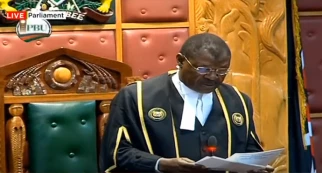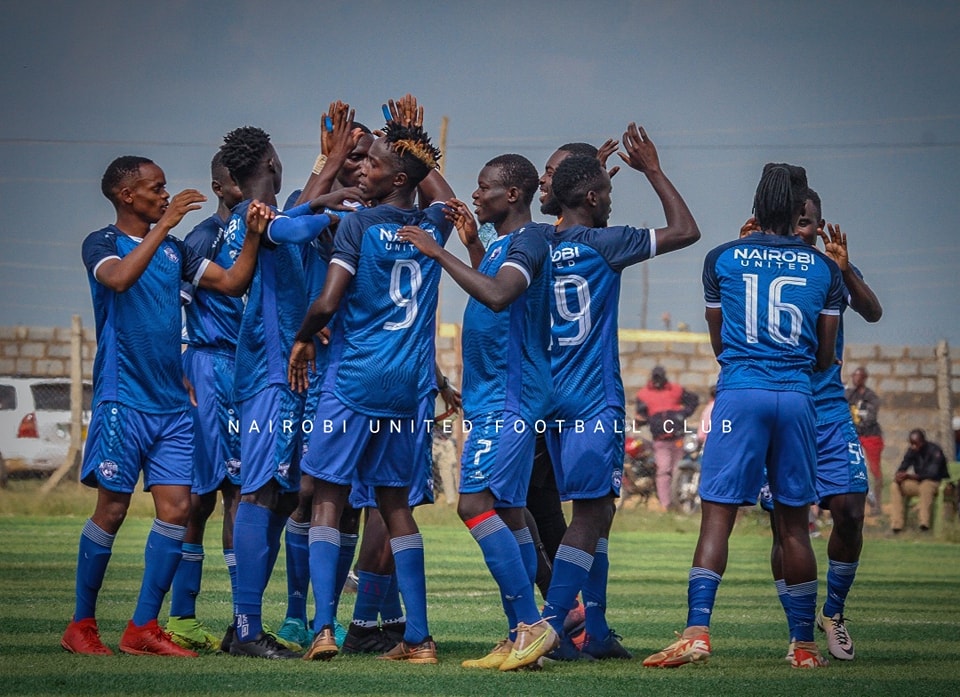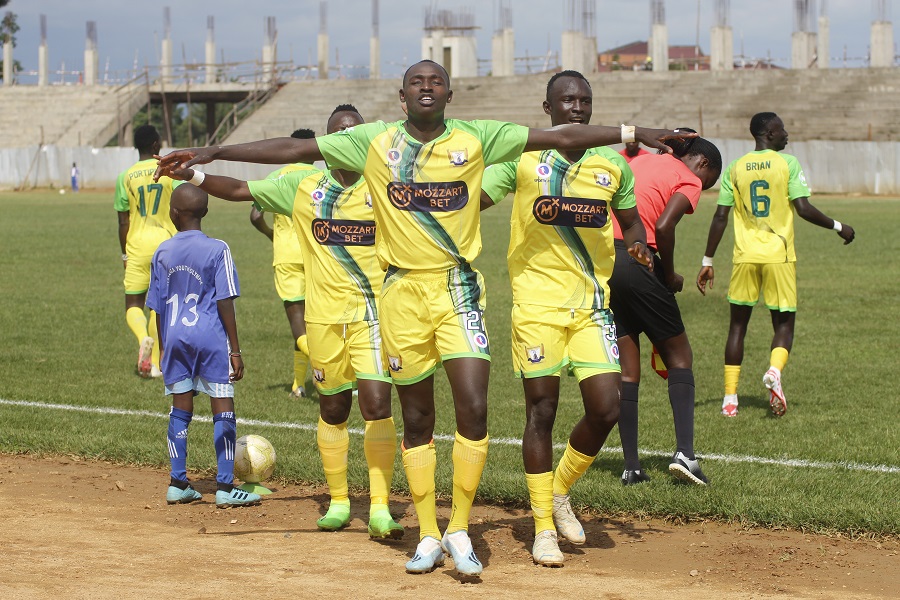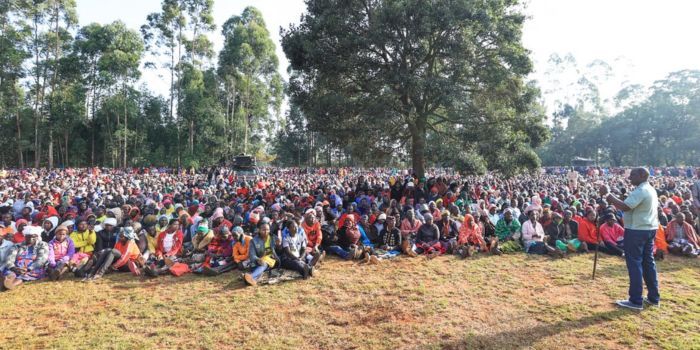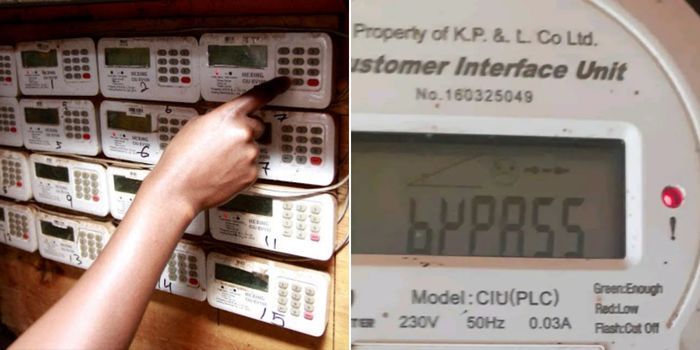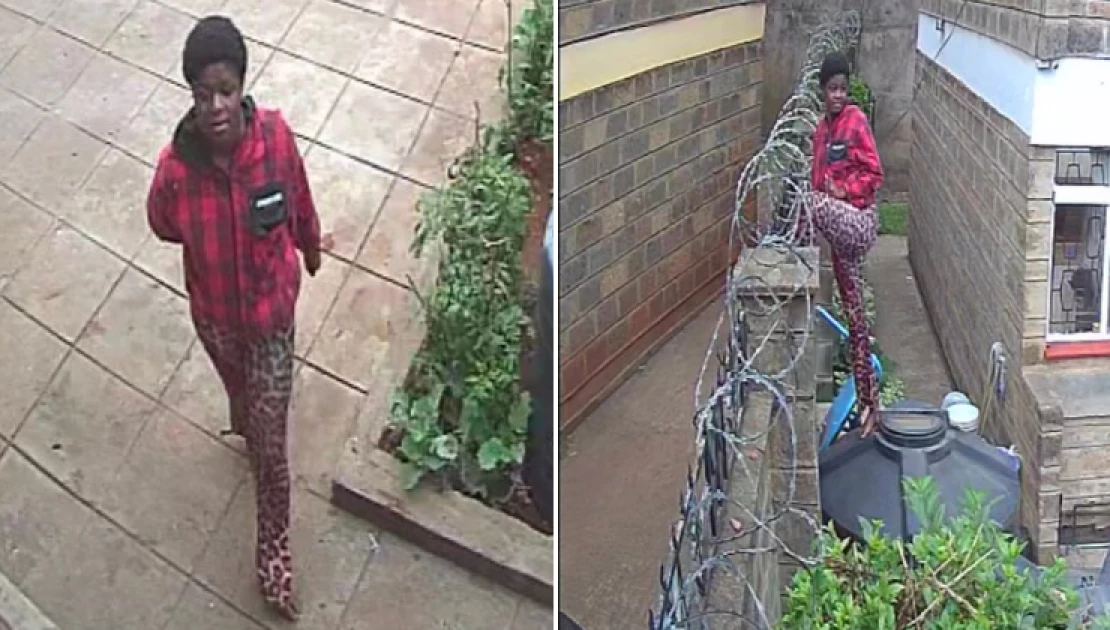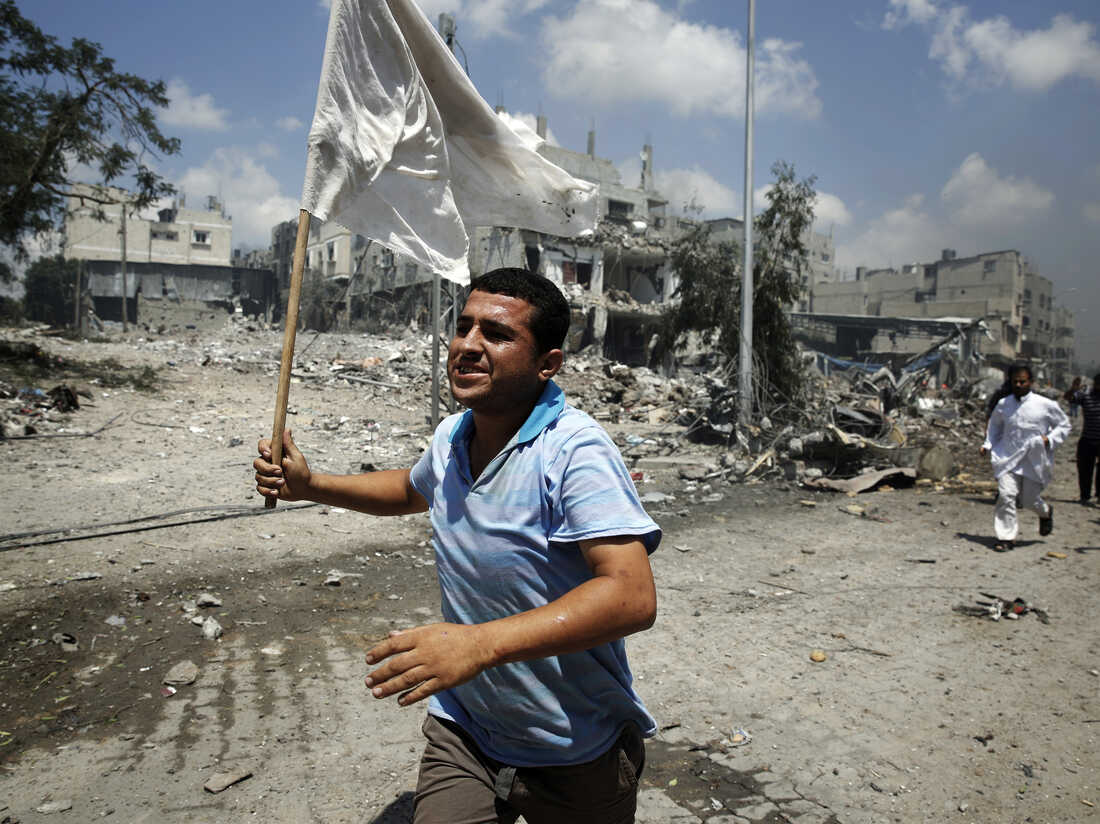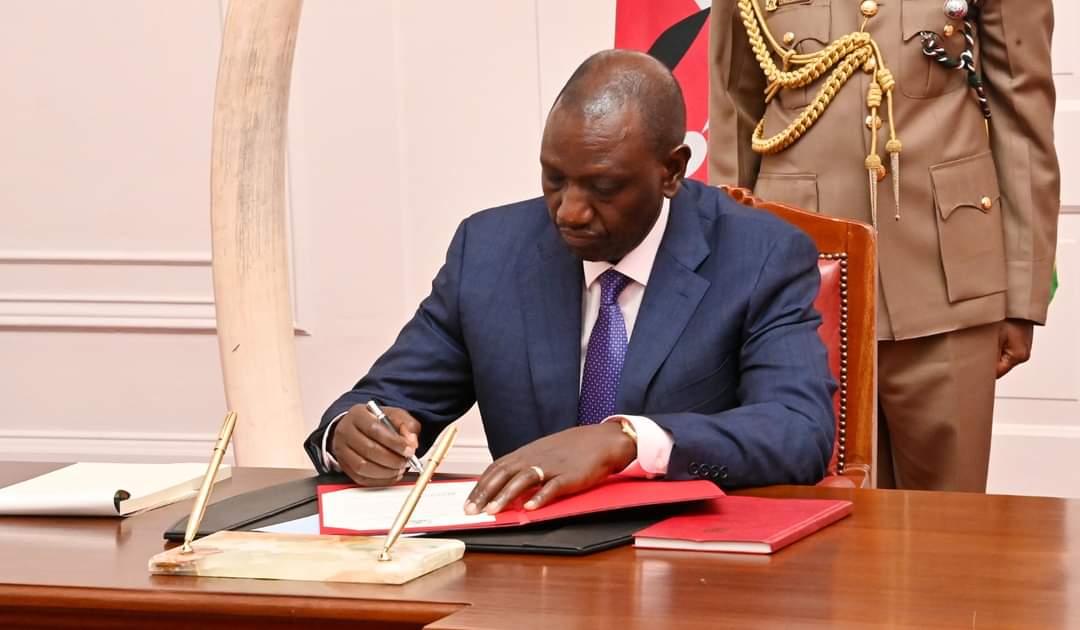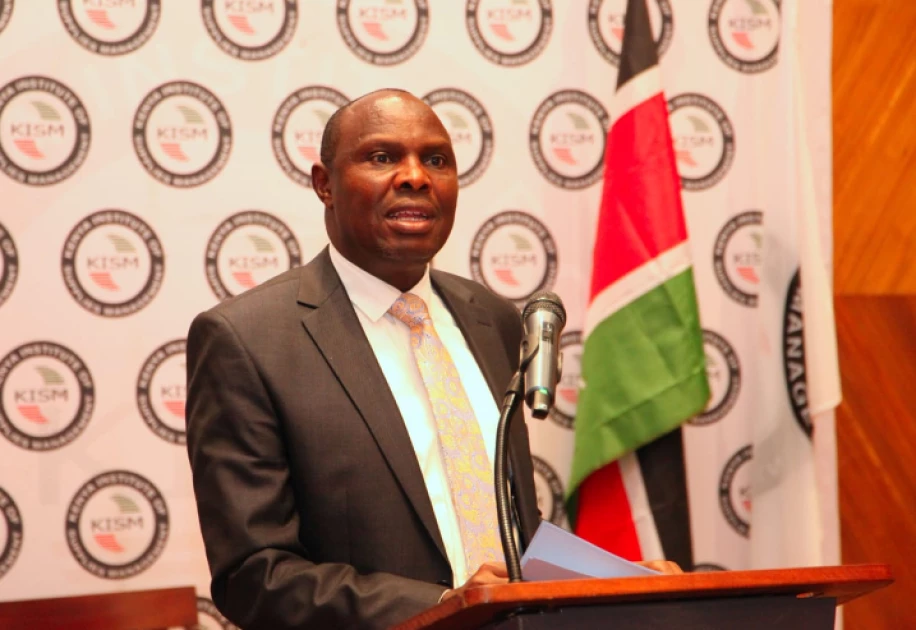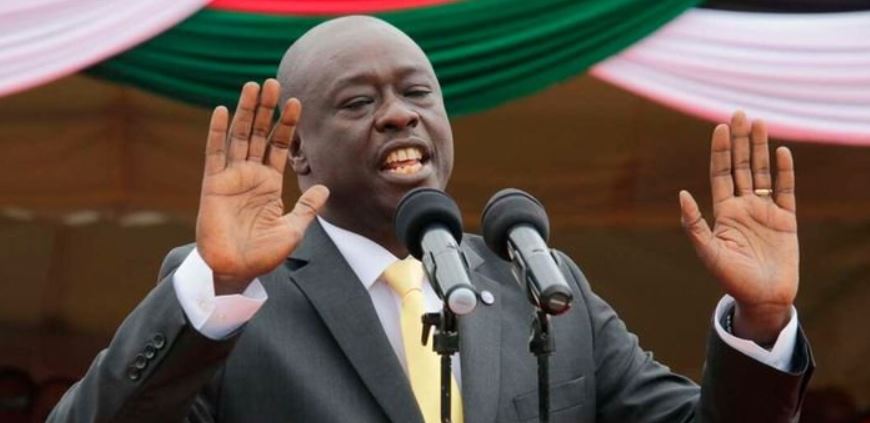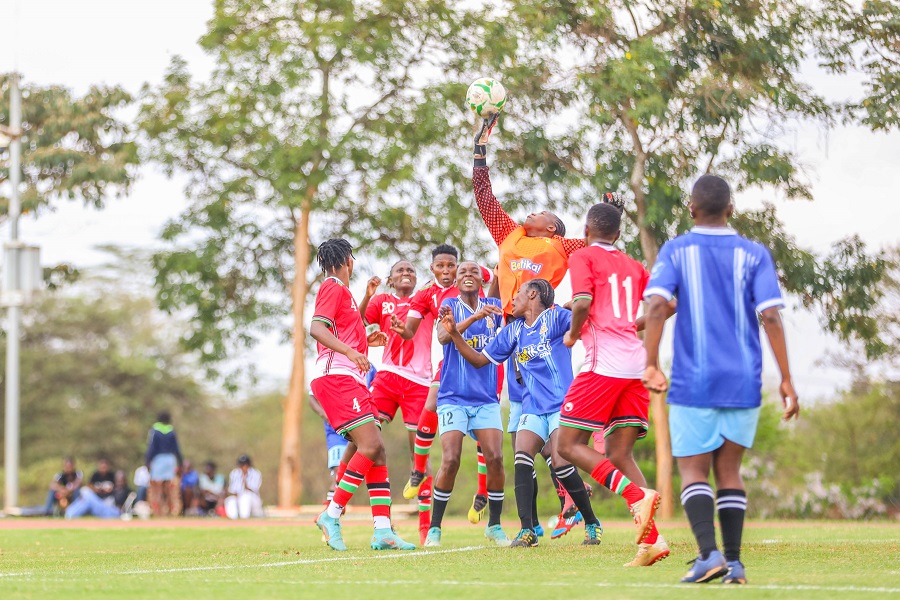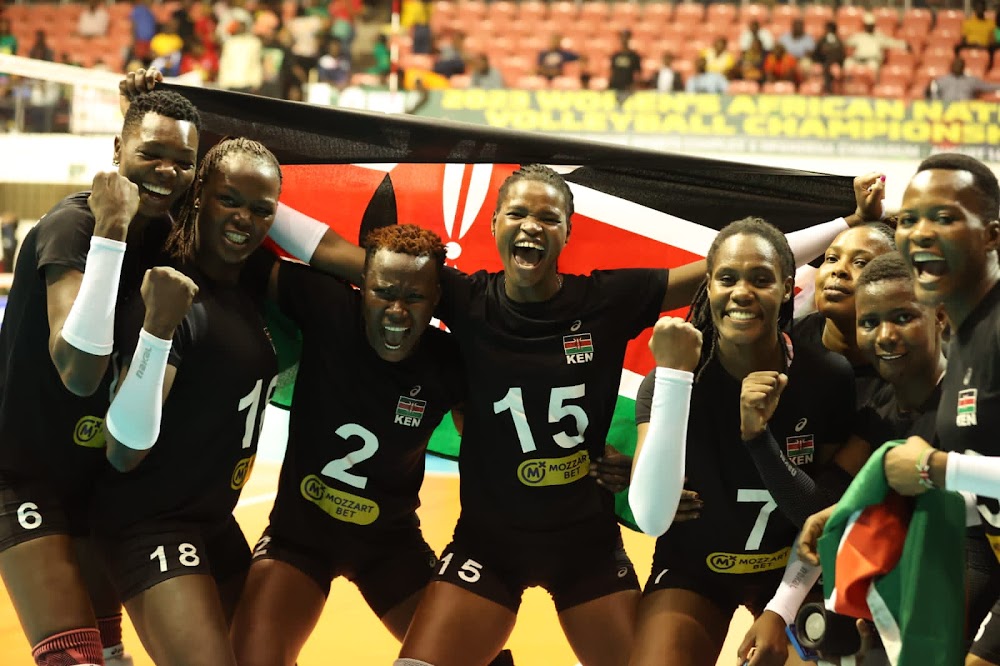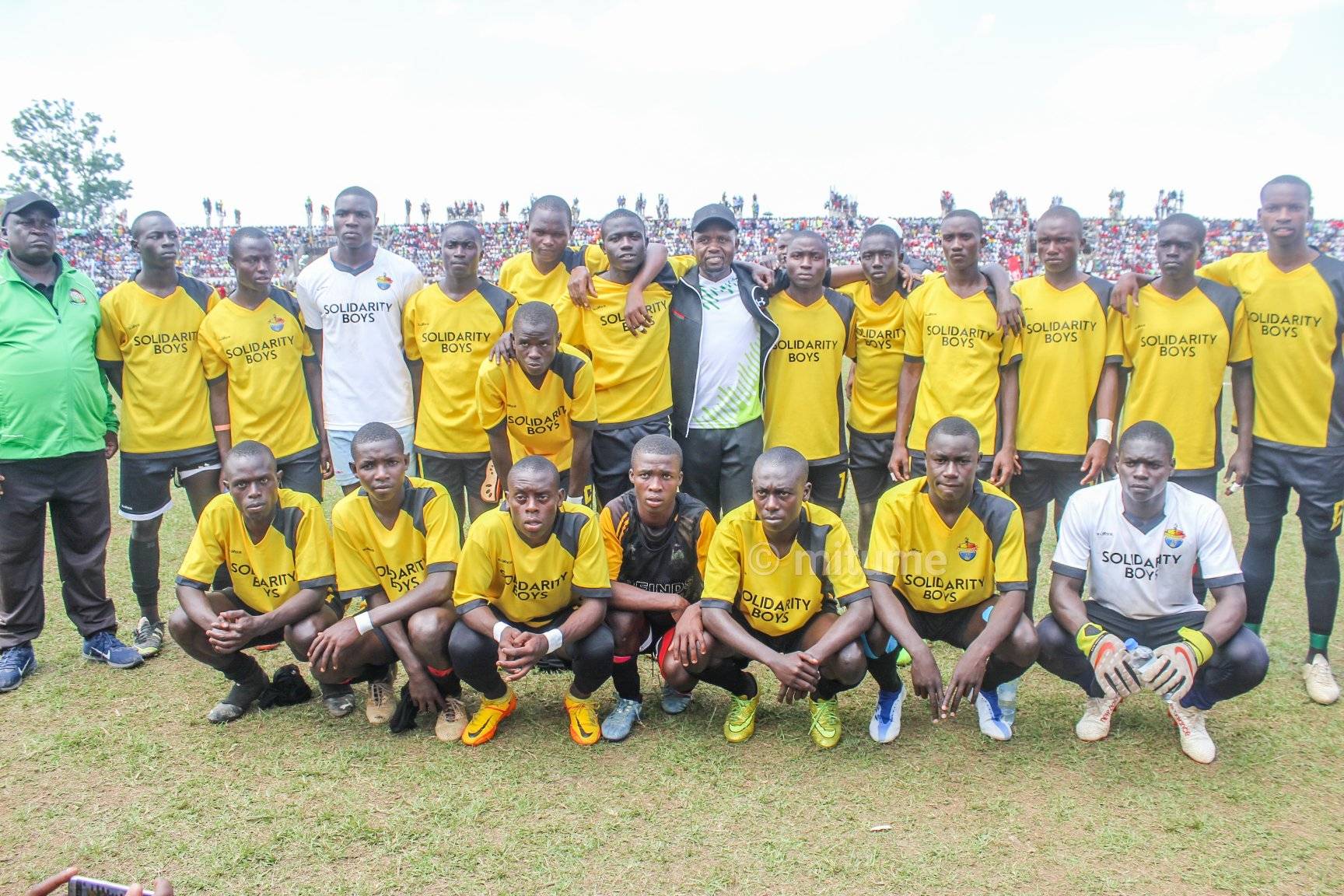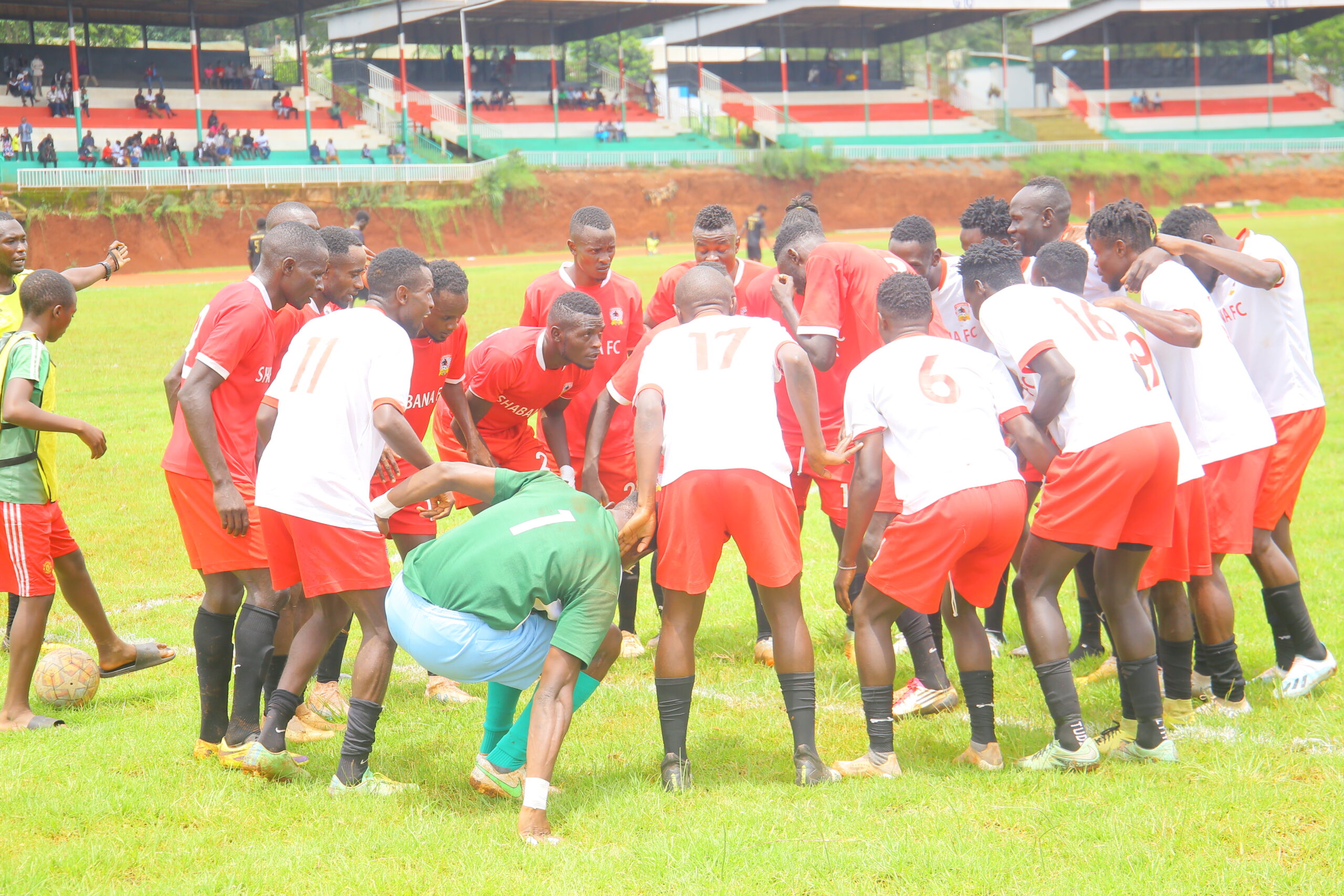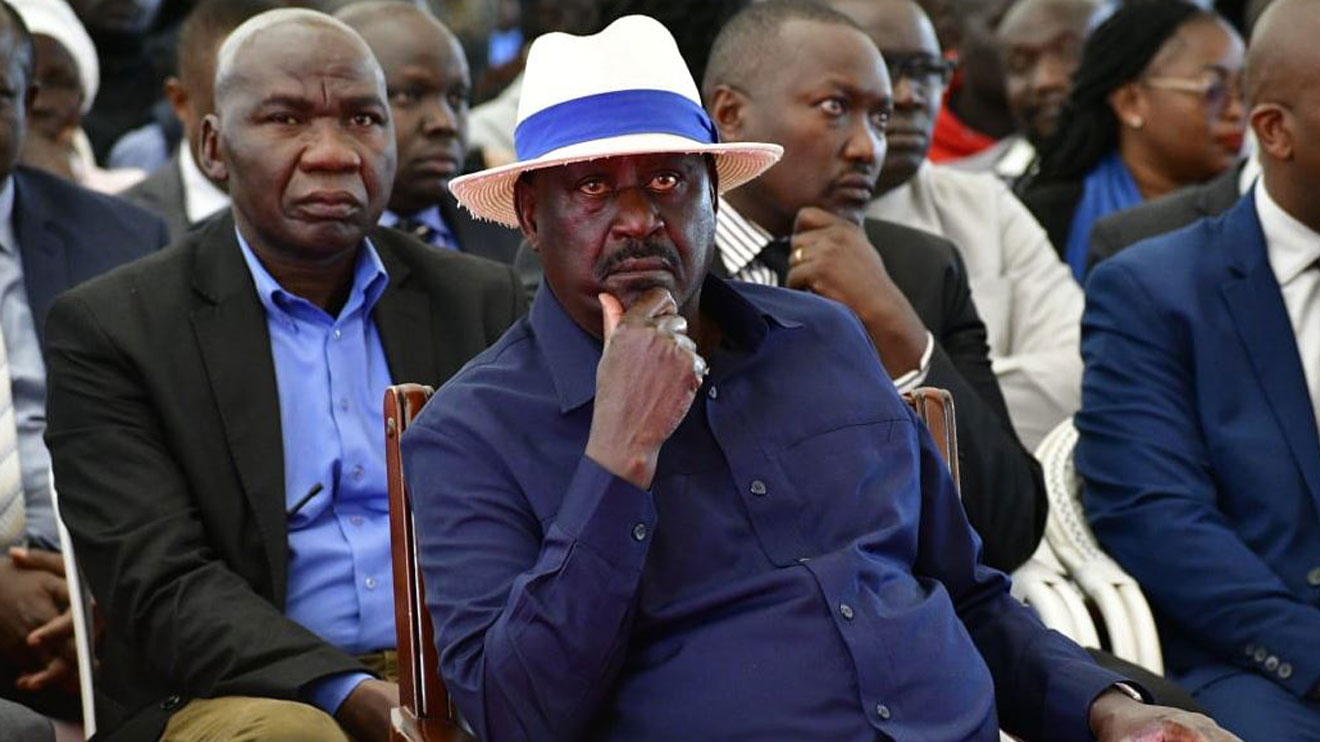

In a recent turn of events, Hamas, the Palestinian militant group, released American hostages Judith and Natalie Raanan after their abduction during the deadly raid on Israel earlier this month. The mother and daughter were abducted while celebrating Natalie’s graduation and her grandmother’s 85th birthday. The hostages were part of a larger group taken during the Hamas incursion, which tragically claimed the lives of 1,400 people and led to the kidnapping of around 200 hostages.
The release came after intense international mediation efforts, with the Qatari government playing a key role. US President Joe Biden expressed his gratitude for the Qatari government’s efforts and confirmed his joy at the Raanans’ safe return. He personally spoke with Judith and Natalie after their release, emphasizing the humanitarian aspect of their freedom.
The Hamas spokesperson, Abu Ubaida, stated that the release occurred for humanitarian reasons, refuting claims made by President Biden and his administration. The situation sheds light on the complexities of international relations, diplomacy, and the efforts involved in negotiating hostage situations amid geopolitical tensions.


While this development brings relief to the Raanan family and their community, it also highlights the ongoing challenges in the region. As the world observes these events, questions linger about the broader implications for peace and stability in the Israeli-Palestinian conflict, prompting discussions in political circles and raising concerns about the safety of civilians in the region.





